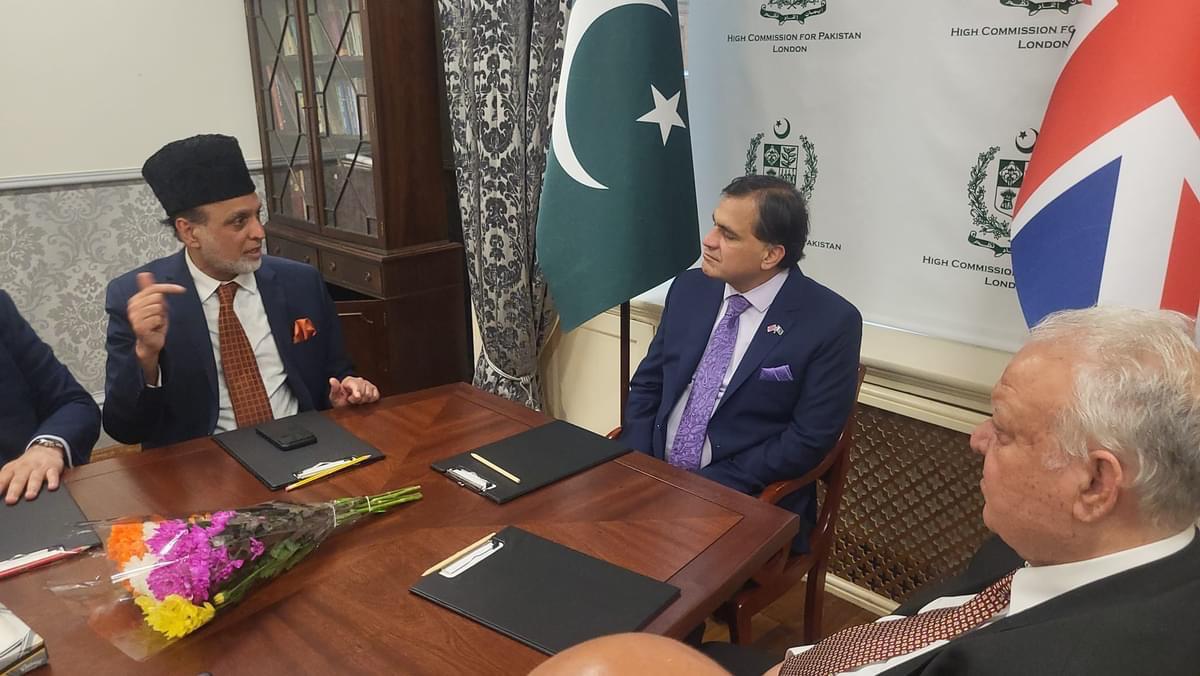
Pakistani star Mahira Khan is reportedly in talks to make her Malayalam film debut in the highly anticipated film L2: Empuraan. According to News18 and Free Press Journal, following the Bombay High Court’s decision to lift the ban on Pakistani artists, Mahira is said to be considering a pivotal role opposite Malayalam superstar Mohanlal in the sequel to the blockbuster film Lucifer.
Director Prithviraj Sukumaran, at the helm of L2: Empuraan, has not officially responded to the circulating rumours about Mahira’s potential involvement in the project. However, speculation has arisen due to the close friendship between Prithviraj, his wife Supriya Menon, and Mahira, with her husband Salim Karim. A viral group photo from a Maldives vacation further fueled the rumours.
The superstar, in a previous interview with a local network, expressed her admiration for Malayalam cinema, encouraging her friends and followers to explore the industry. She praised Malayalam films for their storytelling, acting, and production values, expressing her desire to work in the industry.
The actor even clarified in the interview that she specifically referred to Malayalam cinema, not Tamil or Telugu films. If the rumours are true, Mahira’s debut in Malayalam cinema would be marked by L2: Empuraan, a film that is both a prequel and sequel to the highly successful Lucifer.
L2: Empuraan reportedly features an ensemble cast, including Mohanlal, Manju Warrier, Indrajith Sukumaran, Tovino Thomas, Sai Kumar, Baiju Santhosh, and Shivaji Guruvayoor. Produced jointly by Aashirvad Cinemas and Lyca Productions, the film is expected to generate significant buzz as Mahira potentially steps into the vibrant world of Malayalam cinema.
Until seven years ago, Pakistan and India’s thriving cultural exchange sustained the hopes of many in art’s propensity for harmony. From Atif Aslam reaching new heights of fame with his Bollywood portfolio to the legendary Naseeruddin Shah’s role in the 2007 Shoaib Mansoor film Khuda Kay Liye, it was customary to see artists advocate for cordial ties between the neighbouring countries.
Following the 2016 attack on the Indian army base in Uri, the Indian Motion Picture Producers Association (IMPPA) issued a ban on Pakistani actors and technicians in India, holding Pakistan responsible for the incident, and putting an end to many successful partnerships.
However, the Bombay High Court recently ruled against a petition aimed at banning Pakistani artists from working or performing in India, reported Indian media. The legal petition, initiated by Faaiz Anwar Qureshi—a self-proclaimed cine worker and artist—demanded that the Indian government ban any form of professional association with artists from Pakistan, according to Livemint.
The petition specifically called for a prohibition on the employment, solicitation of work, or collaboration with Pakistani cine workers, musicians, singers, lyricists, and technicians by Indian citizens and companies. The division bench comprising Justices Sunil Shukre and Firdosh Pooniwalla, categorically rejected the plea. The court stated that such a move would be a backward step in fostering cultural harmony and unity, both within India and across its border with Pakistan.
The court further observed that patriotism isn’t demonstrated by hostility towards foreign nationals, particularly those from neighbouring countries, according to Indian media. “A true patriot is a person who is selfless, who is devoted to the cause of his country, which he cannot be unless he is a person who is good at heart. A person who is good at heart would welcome in his country any activity which promotes peace, harmony, and tranquillity within the country and across the border,” Indian news wires quoted it as saying.
“One must understand that in order to be a patriot, one need not be inimical to those from abroad especially, from the neighbouring country,” the court said. Highlighting the unifying power of the arts, the bench stressed that activities like music, sports, culture and dance transcend national and cultural boundaries. Such activities, they noted, are instrumental in fostering a sense of unity and peace between nati

